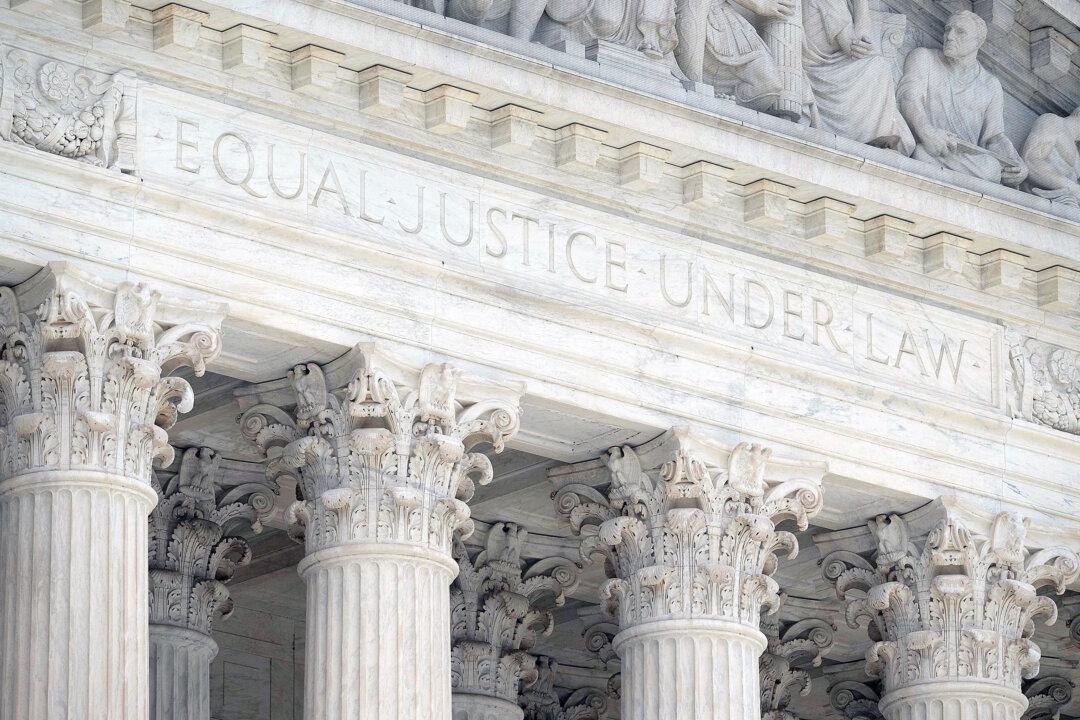The U.S. Supreme Court has refused to take up the appeal of a former Drug Enforcement Administration special agent who is being prosecuted for carrying his service weapon on U.S. Capitol grounds on Jan. 6, 2021.
The High Court on Dec. 11 rejected a petition for review by Mark Sami Ibrahim, 35, of Anaheim, Calif., who argued the charge of illegally carrying a weapon on Capitol grounds should be dismissed because, as a federal agent on Jan. 6, he was legally allowed to carry his service pistol.





